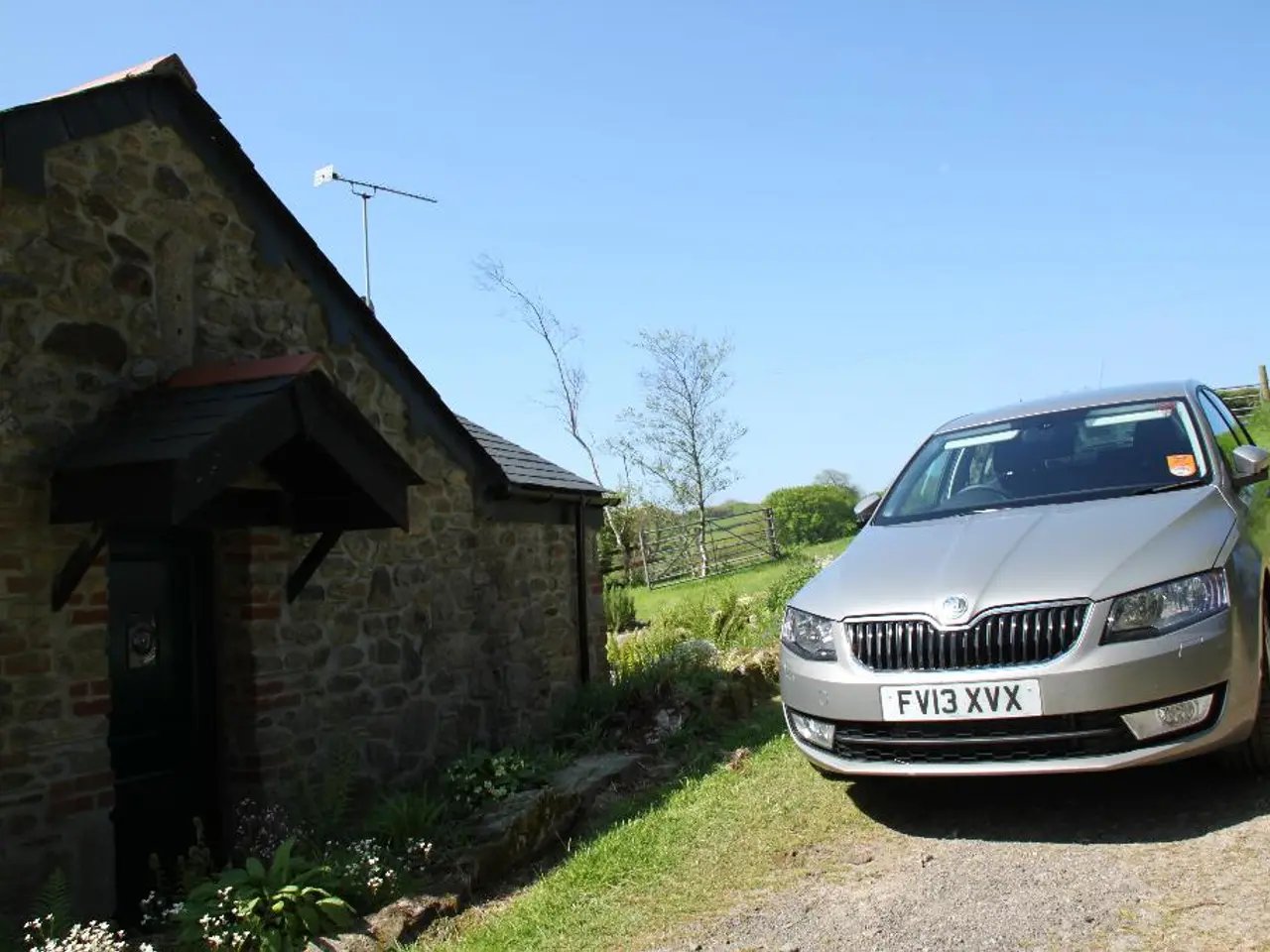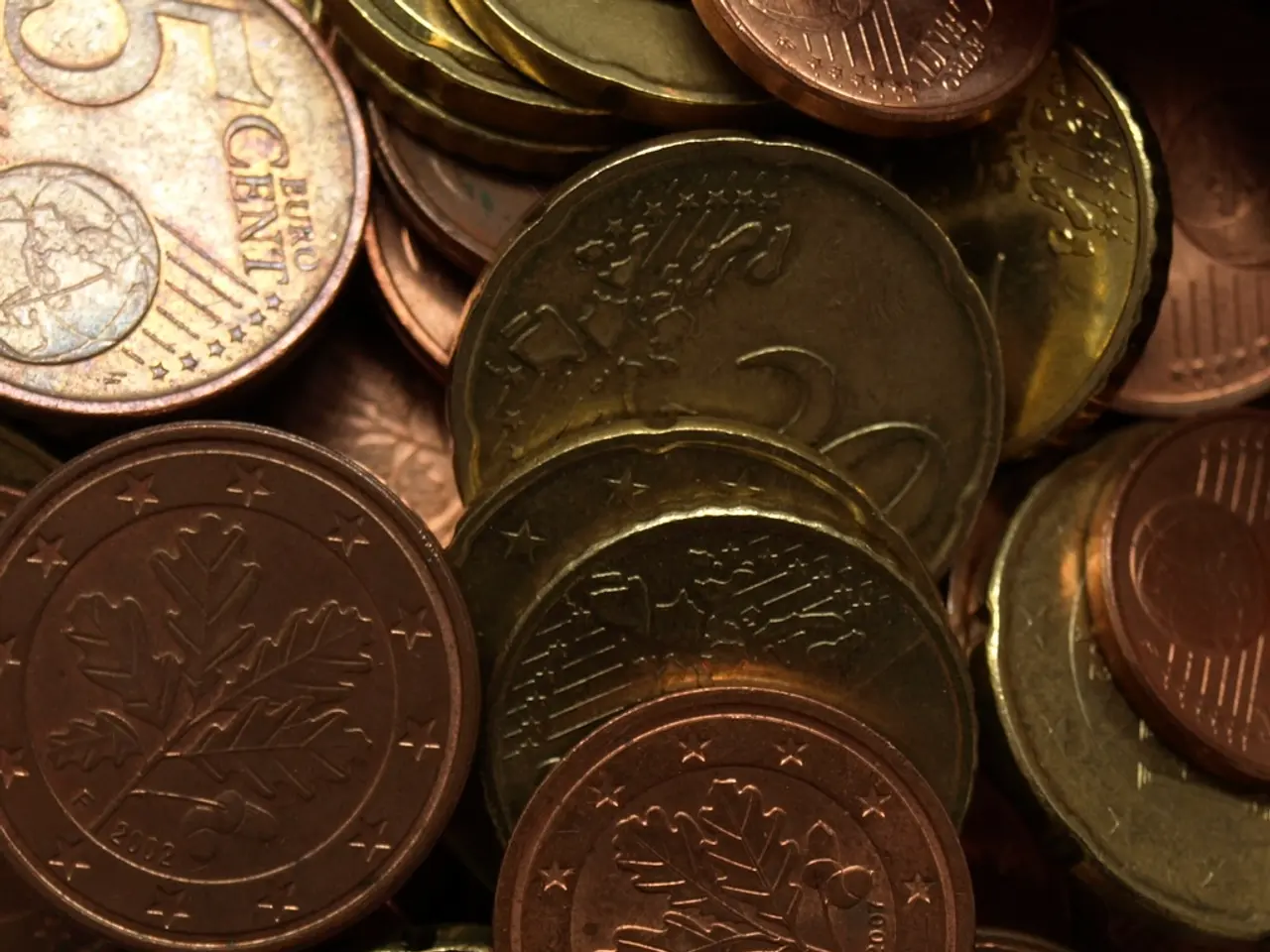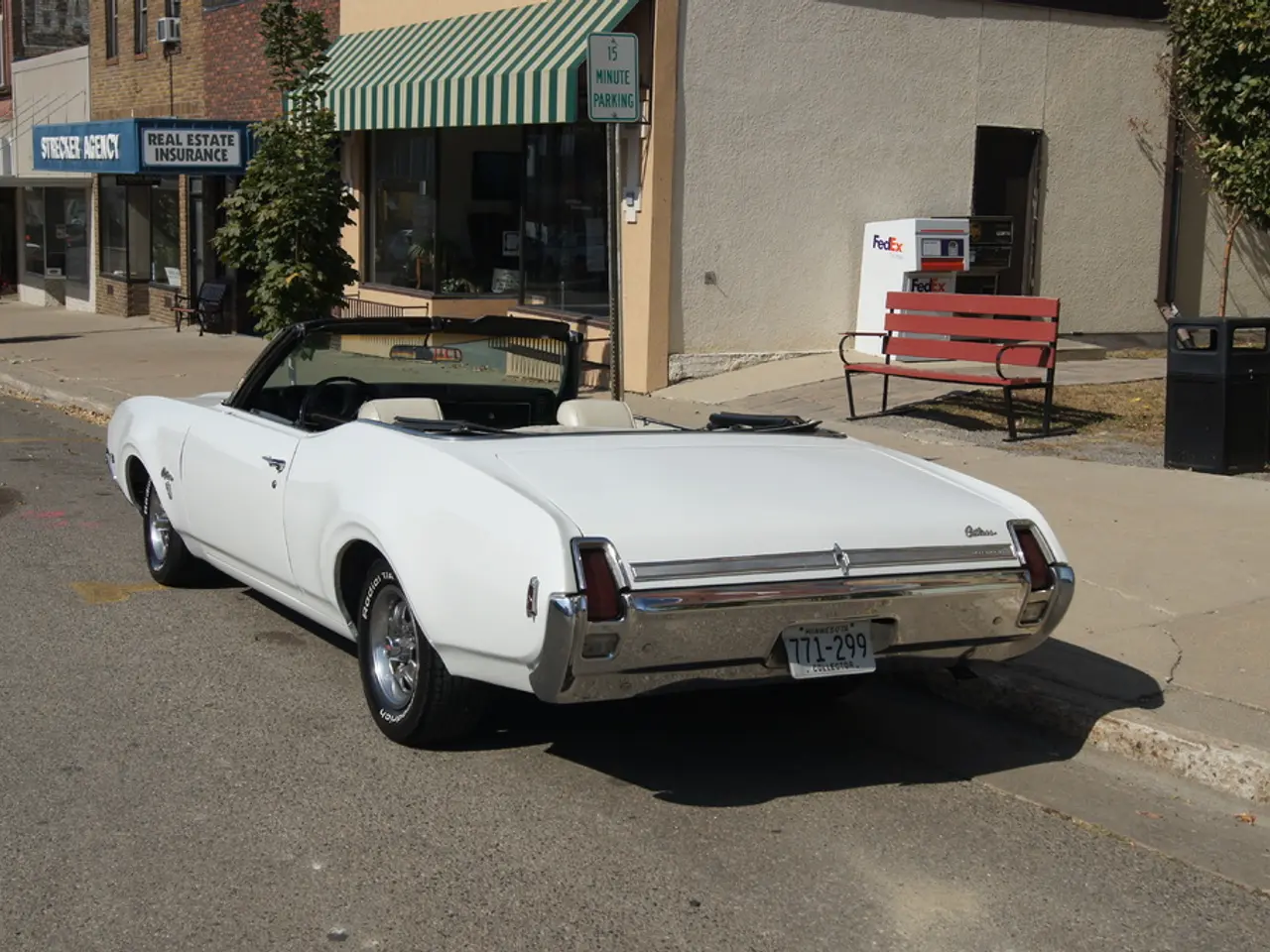Solar energy developer EDP Renewables advocates for increased security and durability in land ownership agreements for the installation of solar panels in Singapore, seeking longer-lasting, stable contracts.
In the bustling city-state of Singapore, land is a precious commodity. However, that hasn't stopped EDP Renewables, the world's fourth-largest renewables provider, from making a significant mark in the solar rooftop sector. The company has established itself as a leading player, winning three out of eight SolarNova tenders put out by Singapore's public housing authority, including the latest and largest one last year.
EDP Renewables has been active in JTC's SolarLand program, which was launched in 2018 to maximize the use of temporarily vacant land for solar farms. To date, the company has been awarded one of the two contracts under the SolarLand program to deploy 62 MWp of solar capacity on approximately 40 hectares of vacant land across Singapore.
Land leases for solar farms in Singapore are typically offered with relatively short initial terms, such as 20 years. However, recent policies provide for extensions to improve flexibility and alignment with operational needs. Specifically, JTC offers 20-year leases with options for two extensions of 5 years each (totaling an additional 10 years) under certain conditions like economic outcomes and new investments in plant and machinery. This means leases can effectively last up to 30 years.
Initiatives like the Flexible Lease Extension Initiative (FLEXI) by JTC are designed to help businesses extend their leases to better match the operational lifespan of assets such as solar farms. This suggests that Singapore is moving towards lease terms that better reflect the expected life of solar panels, allowing for sustained investment and use.
Despite these efforts, EDP Renewables has expressed concerns about the uncertain and temporary nature of land leases in Singapore, which is holding back solar expansion. The company's Asia Pacific executive director, Filipa Ricciardi, has stated that the company would like to see more stable, long-term land for solar projects in Singapore. Ricciardi suggested having longer leases that could be extended to 35 years to align with the current expected lifespan of solar panels, which falls between 25 and 30 years.
In other Southeast Asian countries, solar developers can typically secure land leases of at least 14 years, and in Vietnam's case, up to 50 years, for ground-mounted or floating solar projects. To overcome grid constraints and high curtailment rates in Vietnam, EDP Renewables has been advocating for battery storage.
EDP Renewables has already installed 50 MWp on three of the four sites it has been awarded, with the green attributes to be claimed by Amazon under a long-term PPA it signed with the renewables developer in 2021. The company has also completed one of the world's largest floating solar farms in the Straits of Johor in 2021.
However, the uncertain macroeconomic environment due to higher interest rates, the trade war, and geopolitical tensions has led to EDP Renewables revising its strategic plan. The revised strategic plan, which will be presented in full to investors in November, will see the company halving its 2026 target for yearly global renewables additions from 4GW to 2GW.
Despite these challenges, EDP Renewables continues to operate in nine countries across Asia Pacific, including China, Indonesia, South Korea, Malaysia, and Vietnam, but has yet to expand further in Vietnam. The developer has singled out Australia as a good example of a country where energy arbitrage opportunities have driven a surge in utility-scale batteries.
References: [1] JTC Corporation. (n.d.). Flexible Lease Extension Initiative (FLEXI). Retrieved from https://www.jtc.gov.sg/businesses/invest/flexi
- EDP Renewables, a significant player in the solar rooftop sector, has expressed concerns about the uncertain and temporary nature of land leases in Singapore, which is holding back solar expansion.
- The company's Asia Pacific executive director, Filipa Ricciardi, suggested having longer leases that could be extended to 35 years to align with the current expected lifespan of solar panels.
- Initiatives like the Flexible Lease Extension Initiative (FLEXI) by JTC are designed to help businesses extend their leases to better match the operational lifespan of assets such as solar farms, but longer leases are still desired for sustained investment and use.
- However, in comparison, solar developers in other Southeast Asian countries can typically secure land leases of at least 14 years, with Vietnam offering up to 50 years for ground-mounted or floating solar projects.




